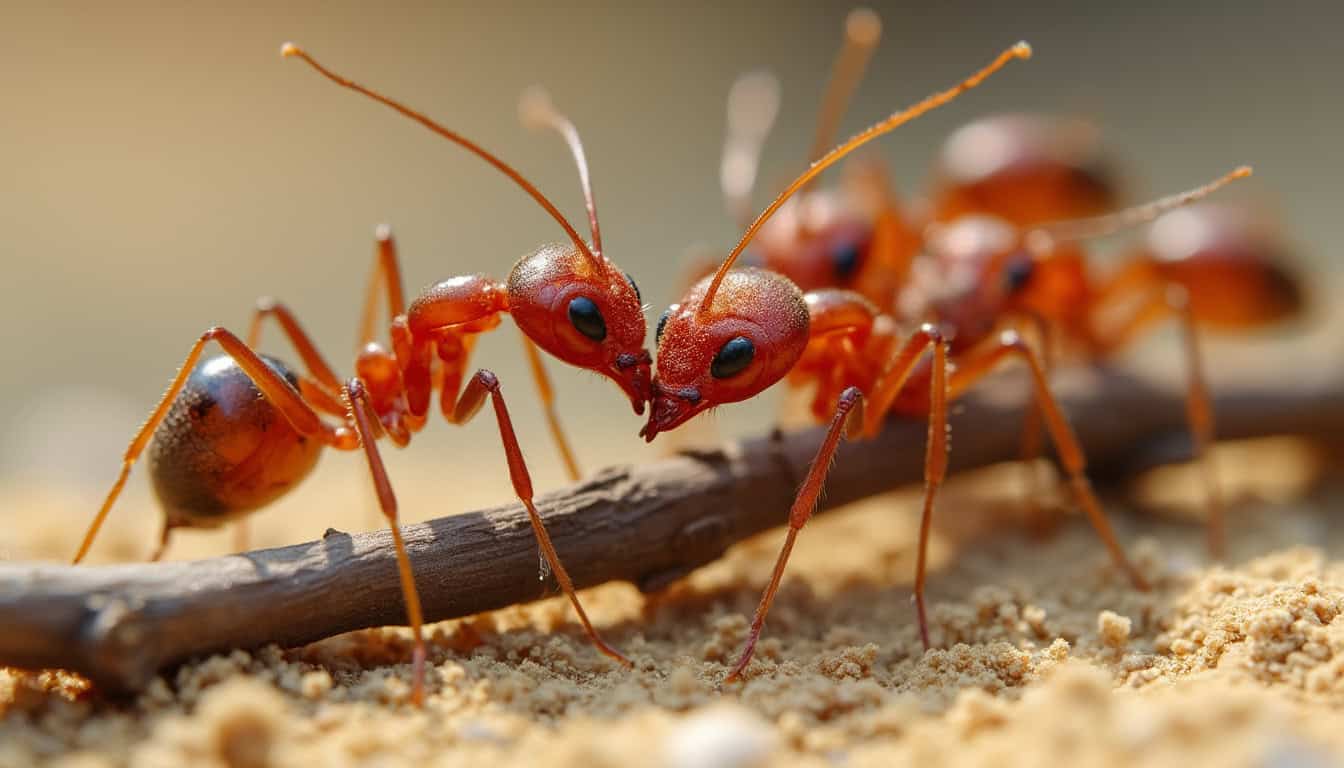Ecological Impact of Bug Control: Balancing Efficiency With Sustainability
The environmental effect of bug control is an essential issue that needs a delicate equilibrium in between accomplishing effectiveness in taking care of parasites and ensuring sustainability of our ecosystems. From the use of damaging chemicals that leak right into our dirt and water to the unplanned consequences on non-target types, the repercussions of standard parasite control techniques are far-ranging.
Dangerous Chemicals in Insect Control
The application of unsafe chemicals in bug control postures considerable ecological and health and wellness dangers that warrant careful consideration and reduction techniques. Pesticides, pesticides, and herbicides are generally utilized to remove insects, however their widespread application can bring about unintended consequences. These chemicals can pollute dirt, water sources, and the air, influencing not just the targeted bugs yet likewise valuable pests, wildlife, and human beings.

To address these threats, integrated insect monitoring (IPM) methods are being advertised as a much more sustainable choice. IPM entails a mix of techniques such as biological control, environment manipulation, and the targeted use chemicals as a last resort (ant control winston salem nc). By taking on a holistic approach to pest control, we can minimize the environmental and health and wellness impacts related to hazardous chemicals while efficiently handling pest populaces
Effect On Non-Target Species
Considering the unexpected consequences of bug control methods, the effect on non-target types is a critical facet that calls for extensive examination. While insect control measures intend to target specific parasites, various other organisms in the community might be accidentally affected. Non-target types, including helpful pests, birds, mammals, and also plants, can suffer direct or indirect injury from pesticide applications or biological control techniques.
Chemicals can have sub-lethal or deadly impacts on non-target varieties. As an example, insecticides designed to combat a specific insect bug might damage pollinators like or natural killers such as ladybugs. In addition, chemical deposits can build up in the environment, influencing non-target organisms in time. Similarly, organic control representatives, if not species-specific, can posture dangers to unintentional targets, disrupting the eco-friendly equilibrium.
To mitigate the influence on non-target varieties, incorporated pest monitoring (IPM) techniques that highlight an alternative approach to pest control are suggested. These approaches prioritize the usage of eco-friendly techniques, reducing harm to beneficial organisms while properly managing pest populations. Carrying out complete threat evaluations and monitoring the outcomes of bug control initiatives are essential actions in protecting non-target varieties and promoting overall ecosystem health.
Dirt and Water Contamination
Unplanned environmental repercussions of pest control approaches prolong beyond affecting non-target types, with substantial ramifications for soil and water contamination - ant control services. Chemicals, herbicides, and chemical plant foods used in parasite control can seep into the dirt and contaminate groundwater, presenting a danger to both water and terrestrial environments.
Water contamination is an additional important problem linked with bug control methods. To reduce soil and water contamination from parasite control tasks, incorporated parasite monitoring strategies that focus on sustainability and decrease reference chemical inputs are crucial.
Air Contamination From Pesticide Use
Exposure to air-borne pesticides during farming applications poses a substantial concern for air contamination control actions. When pesticides are sprayed onto crops, they can volatilize right into the air and kind volatile natural compounds (VOCs) and various other air-borne toxins. These chemicals can add to the development of ground-level ozone, a major element of smoke that can have detrimental results on human wellness, crop productivity, and overall air quality. Furthermore, chemical drift, where pesticides are carried by the wind to unplanned locations, can bring about the contamination of nearby communities and water bodies.

Techniques for Sustainable Bug Control
In the world of farming methods, carrying out lasting pest control techniques is vital for keeping eco-friendly equilibrium and protecting crop yields. Lasting pest control highlights making use of eco friendly approaches to handle parasite populations properly while reducing injury to non-target microorganisms and ecosystems. Integrated Insect Management (IPM) is an extensively adopted method that integrates biological, cultural, physical, and chemical control methods to attain long-term pest monitoring services.
Plant rotation and diversification are additionally efficient techniques to interrupt pest life cycles and develop much less beneficial problems for pests to thrive. Inevitably, by incorporating these sustainable pest control strategies, farmers can accomplish a balance in between pest management efficiency and environmental stewardship.
Final Thought
Finally, the environmental impact of bug control techniques should be carefully thought about to balance efficiency with sustainability. Damaging chemicals utilized in insect control can result in dirt and water contamination, air pollution, and injury non-target species - ant control services. It is critical to implement sustainable parasite control methods to lessen these adverse effects on the atmosphere and advertise a much healthier environment for future generations
By embracing an alternative technique to pest control, we can minimize the environmental and health and wellness influences connected with harmful chemicals while effectively managing pest populaces.

To minimize the air pollution caused by pesticide use, it is necessary to embrace integrated bug administration techniques that prioritize the usage of non-chemical bug control approaches, such as plant rotation, natural predators, and immune plant ranges. Sustainable insect control highlights the usage of ecologically pleasant approaches to handle parasite populaces efficiently while minimizing injury to non-target microorganisms and communities. Integrated Pest Monitoring (IPM) is an extensively adopted method that integrates biological, social, physical, and chemical control approaches to attain long-lasting parasite management solutions.
Comments on “Why Select Our Termite Control Services: Specialist Solutions for Effective Security”